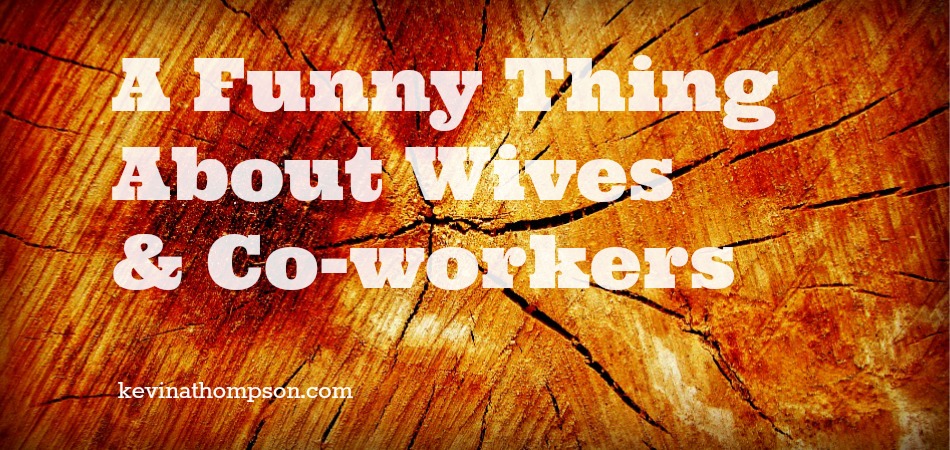I saw some friends in a restaurant the other day, walked over to their table, took a chip, dipped it in salsa, and ate it. After the conversation, I walked away and realized what I had done. While normal behavior for many people, my action was completely out of character. As a boundary conscious introvert, I am slow to touch someone much less double dip in their salsa. In reflection, I realized the salsa dipper is not me, it’s my co-worker. I did what he always does.
It’s long been assumed, and now has been scientifically validated, that the longer you live together the more you look alike. Yet this isn’t just true of spouses, it’s true of co-workers as well. While we may not start to physically look like our co-workers, we will start to act like them.
Families, businesses, organizations, and churches are always becoming more like themselves. Each individual member is influencing the whole. Others are becoming more like us while we are becoming more like them.
Sometimes this is good and sometimes it’s bad. (See: What Every Leader Should Look For)
In healthy communities, everyone is evolving based on the strengths of each individual member. The natural movement toward one another is the great strength of good families, churches, and businesses.
In unhealthy communities, everyone is devolving based on the weaknesses of each individual member. The natural movement toward one another is the great weakness of struggling families, churches, and businesses.
The question is not whether or not you are becoming like your spouse, co-worker, and friends; the question is whether you are evolving or devolving? Are you being changed by their strengths or by their weaknesses? (See: Every Successful Person I Know Does This)
In healthy communities, the strengths influence us. Because the community is healthy, individuals feel a sense of acceptance and love. They know their role and do not feel pressure to put on a facade of perfection. At the intersection of felt value and admitted weakness, a person is open to grow in a positive way. This is why they can learn from the strengths of others.
In unhealthy communities, we are influenced by weaknesses. Because the community is unhealthy, individuals do not feel acceptance or love. They are paranoid and skeptical of all those around them. They feel pressure to find the faults of others in order to hide their own weaknesses. At the intersection of pride and distrust, a person unknowingly digresses in a negative way. We mimic the unhealthy behavior of others, often without even realizing it.
I see this in couples. As a marriage devolves, a couple takes on the negative influences of each other. The fun-loving, outgoing bride becomes a shell of her former self. The confident, humble man becomes filled with pride.
I see this in churches. When the community is healthy, they are ever evolving into more complex and meaningful ministry. Yet when the community becomes unhealthy, they devolve into a monolithic group of people defined by negative attributes.
I see this in business. A healthy workplace thrives on diversity with each person adding to the whole and encouraging collaboration. In an unhealthy workplace, differences breed skepticism and a silo mentality of work.
From a business perspective there is an easy application to this idea—get rid of emotionally unhealthy people. The danger of an unhealthy workplace is not worth the risk of trying to “bring along” a negative employee. When you have a clear choice of who to be around, pick emotionally healthy people. It is better to have someone with a high emotional well-being and average skills than to have someone with high skills but low emotional health.
For churches and families where we can’t necessarily choose who is in and who is out, it is vital to make sure that negative people and those who are emotionally unhealthy are not the ones leading the church or family. We must intentionally seek to grow toward the strengths of one another and safeguard ourselves from mimicking the negative actions of those in the community. (See: I Know Who Is In Charge of Your Family)
We are all changing. In every community—work, family, church—we are becoming like those around us. In a healthy community this is our greatest asset; in an unhealthy community this leads to our downfall. You are either evolving or devolving.




7 Responses to A Funny Thing About Wives and Co-workers